What I learnt from Geneva’s new international conference on science diplomacy
Science should be universal, open and accessible to all in a fair and ethical manner. This was the main message launched from Geneva last week during the first edition of the GESDA science and diplomacy preview summit.
How do we bring science from laboratories and classrooms to ordinary people? This was the key question that GESDA tried to answer. The new Geneva-based science anticipation and acceleration event ran last weekend. GESDA’s platform aims to create a solid marriage between science and diplomacy in order to anticipate the major technological revolutions of the future and enable all of humanity – and not just a select group of privileged people – to benefit from them.
Switzerland is a fervent supporter of “scientific diplomacy”. Don’t miss our interview with Ambassador Alexandre Fasel, Swiss Special Representative for Science Diplomacy in Geneva:
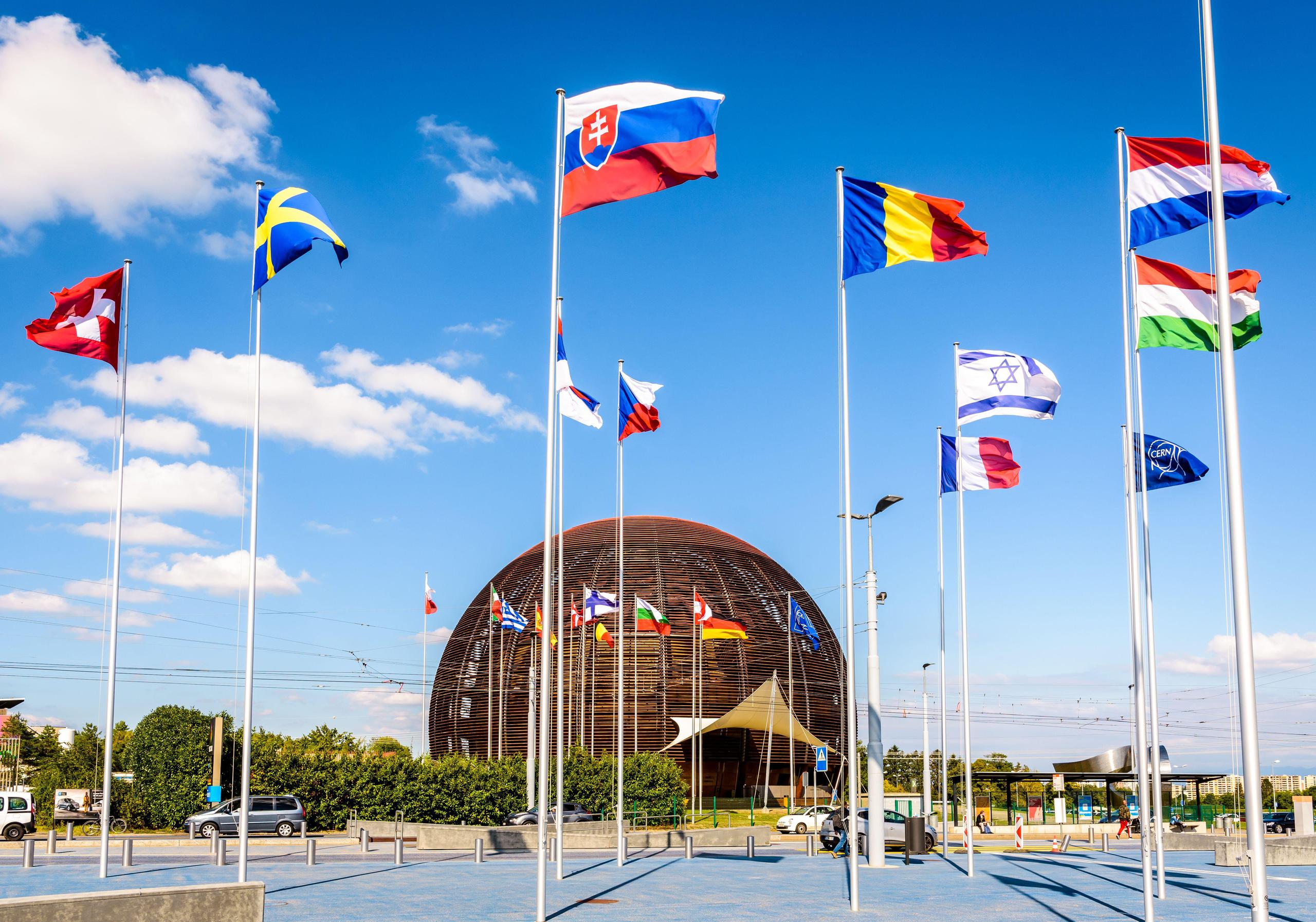
More
Diplomacy and science working hand in hand
The right to science is recognised by the 1948 Universal Declaration of Human Rights, which states that everyone should be able to benefit from scientific discoveries. Despite this, this right is often ignored and is not included among the priorities of the world’s great powers, as the coronavirus pandemic has shown. .
In some areas of the world, less than 1% of the population is vaccinated, and this inequality undermines global economic recovery, the World Health Organisation pointsoutExternal link. And while scientific research was once a matter for the State, it is now increasingly in the hands of private actors who often act without regard for fundamental rights.
By bringing together experts from the worlds of science, politics and private actors, GESDA has set itself the ambitious goal of creating the basis for a lingua franca dedicated to science, enabling it to act as a global instrument for prosperity and social equity.
It is no coincidence that this attempt is being made from the world capital of internationality and multilateralism: Geneva.
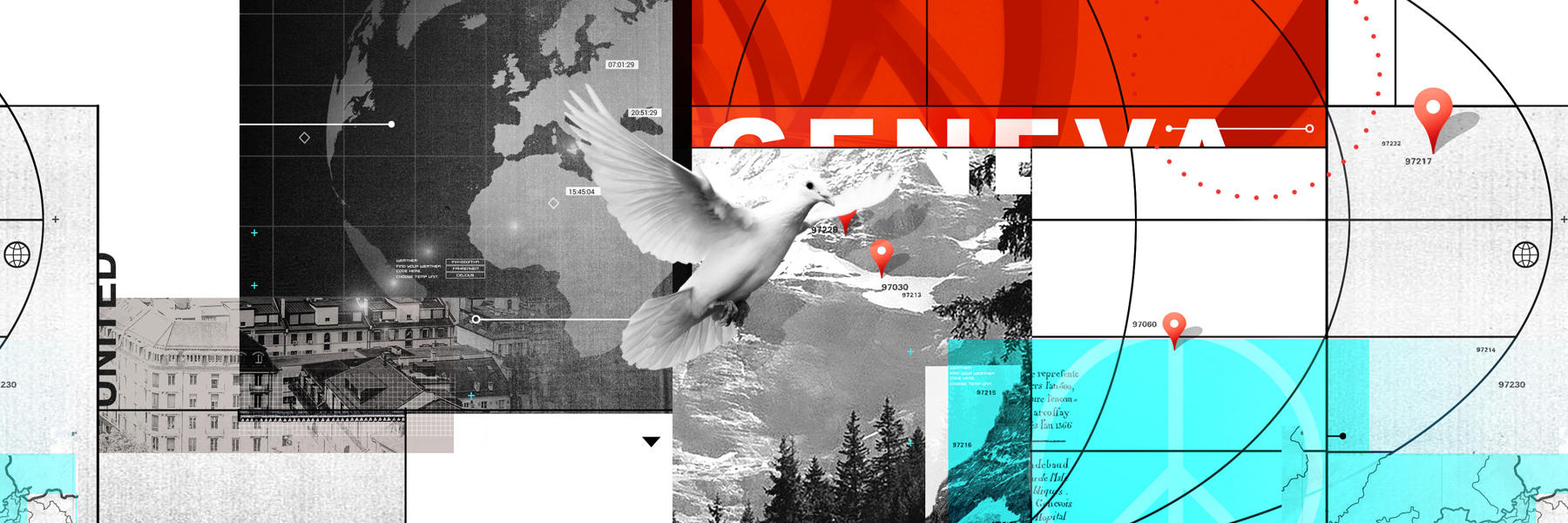
More
The changing face of International Geneva
A ‘radar’ to anticipate future technological revolutions
But will this be the umpteenth blah blah blah or can we expect concrete results? I asked my colleague Zeno Zocatelli, who shared his thoughts in the light of the GESDA experience:
As I walked through the door of the Biotech Campus in Geneva, I still had in mind Greta Thunberg’s recent speech in Milan, in which she criticised the “blah blah blah” of world leaders who, faced with the climate crisis, discuss and promise lots and lots, but never act.
The suspicion that I was facing three days of “blah blah blah” was strong. And I wasn’t the only one, it seems. Invited to speak at the summit’s opening conference, South Africa’s Minister of International Relations and Cooperation Naledi Pandor concluded a long series of speeches by saying: ‘But now these words must become deeds.
Will it happen? It is still too early to say, but I certainly came out of the summit less pessimistic than I was going in.
One of the reasons is the GESDA Science Breakthrough Radar, created by the foundation with the collaboration of hundreds of scientists around the world.
It is a continuously updated platform that shows what could be potentially revolutionary scientific breakthroughs in 5, 10 and 25 years’ time in various fields, from artificial intelligence to resource exploitation in space, eco-regeneration and genetic engineering.
It is designed to enable states, international organisations, NGOs and civil society to act in advance so as not to be surprised (and fooled) when these revolutions become reality.
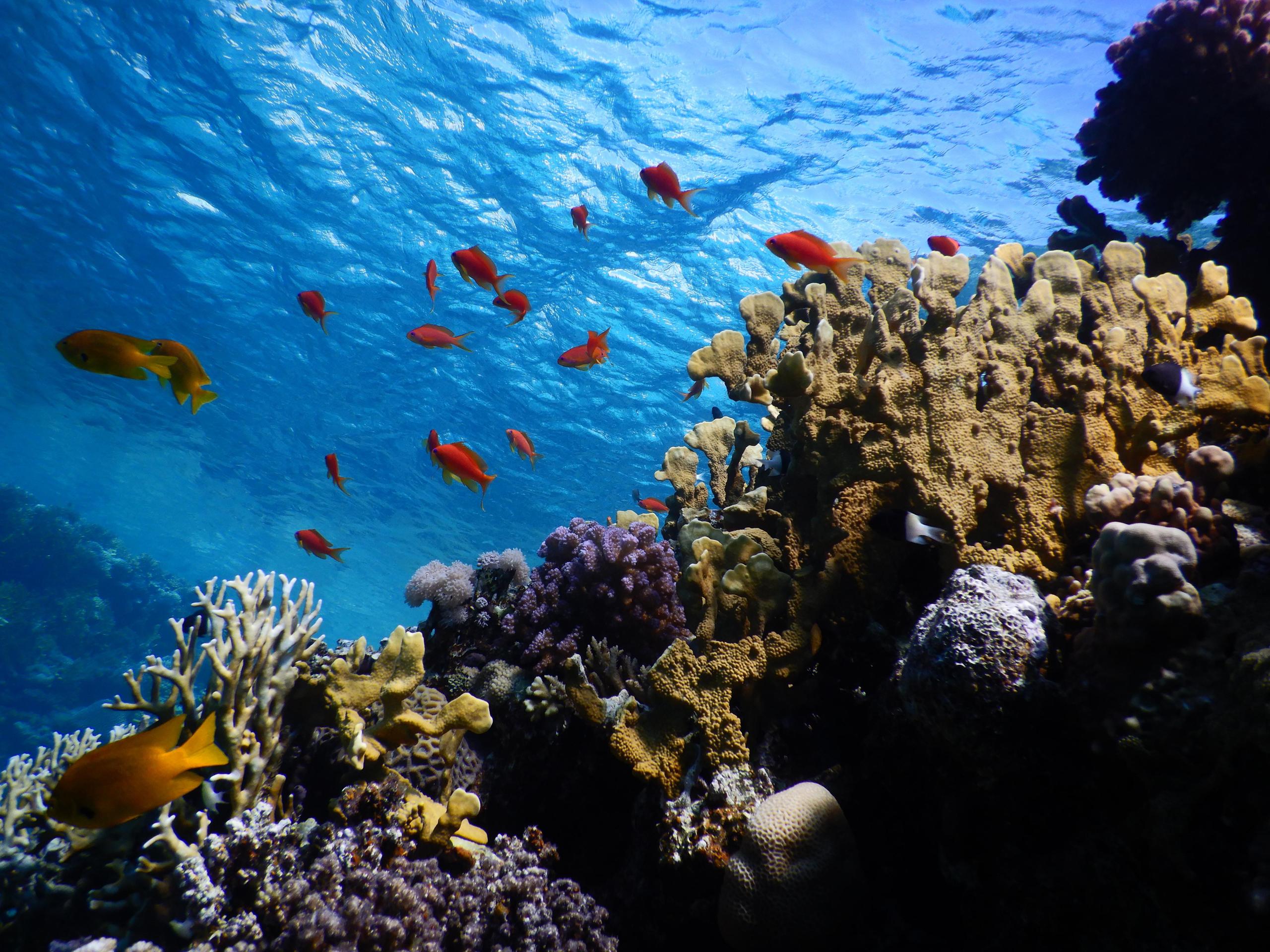
More
Swiss scientific diplomacy sets sail to save corals
It is precisely this concrete view of the future that excites the scientific community, which is sometimes skeptical of initiatives that lead to much talk but little action.
Furthermore, to avert the looming threat of a ‘second cold war’ on science and technology, diplomats and scientists need to have access to their respective communities, says the chairman of GESDA in the last episode of our podcast “Inside Geneva”.

More
How to prevent a cold war in science
The bogeyman of the ‘second cold war’ does not leave foreign governments indifferent. Joe Biden’s administration has expressed interest in the Swiss science diplomacy projectExternal link, seeing it as a fantastic opportunity to encourage bold and necessary choices in both innovation and partnerships.
Humans and technologies closer than ever
In 25 years’ time, AI could approach human-like intelligence and machines could equal if not surpass humans in many tasks, increasing productivity. This, at the same time, will have implications for employment and force us to rethink our role in society.
A tool such as radar can help the international community ensure a technological future that benefits humanity and not against its interests, say the organisers of GESDA. This will also serve to promote the inclusion of science in the discussions of international organisations and governments, writes my colleague Dorian Burkhalter.
Dorian also shared with us some impressions and reflections on the event, some of them quite critical:
The idea behind GESDA’s motto – use the future to build the present – is not entirely new.
After all, science fiction has long encouraged us to think about a variety of futures we may or may not want to experience.
Yet the idea has not always helped our governments and international organisations build the future we had hoped for.
We did not prevent the negative impacts of artificial intelligence. While many of us have benefited from having access to the internet, almost half of the world’s population remains offline. The same applies to the unequal distribution of Covid-19 vaccines.
Many diplomats at GESDA’s summit could agree. It is not easy for them to make sense of future scientific trends, especially when current issues already absorb their attention. The question was raised: are our current international institutions of governance suited to address challenges and opportunities that may materialise in 25 years?
The creation of a platform specifically designed to address this question is a welcomed addition to Geneva’s rich ecosystem.
SWI swissinfo.ch will continue to follow the developments of GESDA and its scientific radar. What do you think about it? Send us your comments!
Science is made of faces and stories

When we talk about science, however, we must not forget that behind every innovation, behind every small and large discovery that allows us to make progress and improve our lives, there are personal stories and faces of men and women who are committed to scientific progress.
We conclude this newsletter with a new testimony for the “Women in Science” series. This time it is Emmanuelle LogetteExternal link, molecular biologist for the Blue Brain project at the Swiss Federal Institute of Technology in Lausanne (EPFL):
When I was a child and people asked me what job I wanted to do when I was older, I always answered, “I want to be a researcher”. On my first genetic course, I found that chromosomes, DNA, genes and genetic diseases were fascinating to me. From then on, I knew I wanted to study genetics.
Even today, I’m still fascinated by genetic and molecular biology; that one single faulty base among the 3bn bases in our genome could lead to a dramatic genetic disease. If you find something that fascinates you, follow that path and see where it leads.
The Swiss Science Watch comes back on November 12 with a newsletter devoted to the UN Climate Change Conference COP26!
Do you have any comments, remarks or questions about the latest news from the world of science? Let’s talk about it over a (virtual) coffee.
Don’t miss our latest stories on science and technology in Switzerland:
Will we ever know the truth about the origin of the coronavirus? Amidst omissions and conflicts, tracing the origin of SARS-CoV-2 could be a mission impossible. But scientists, even in Switzerland, are calling for clarity.
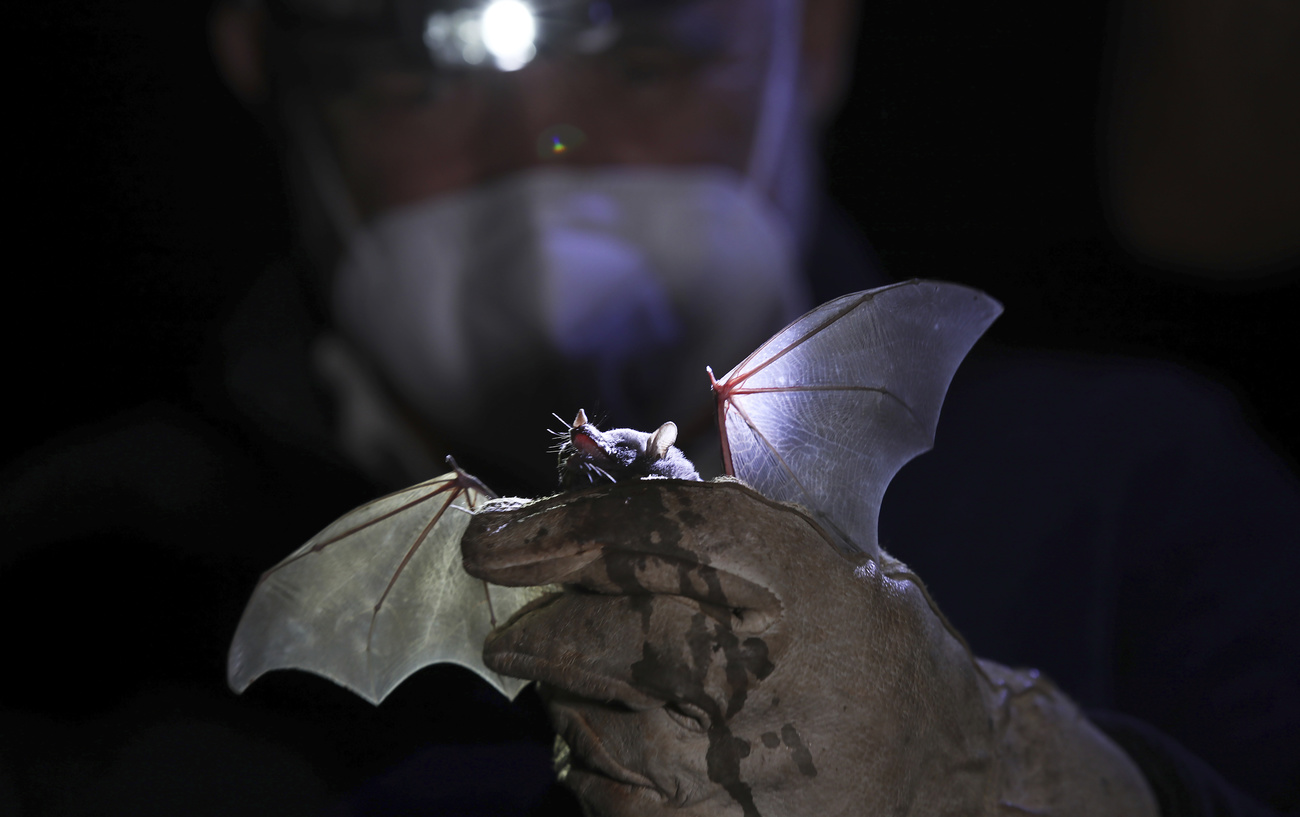
More
Will we ever know the truth about the origin of coronavirus?
A robotic arm inspired by an elephant’s trunk? It does not yet exist, but it is the subject of an unlikely Italian-Swiss collaboration.

More
Elephants could inspire the robots of the future
Science fiction series “Tomorrow’s Utopias and Dystopias”, episode 2: In a not-so-distant future, Switzerland is the Eldorado of anti-ageing nanotechnologies. A man undergoes an operation. He will never be himself again.
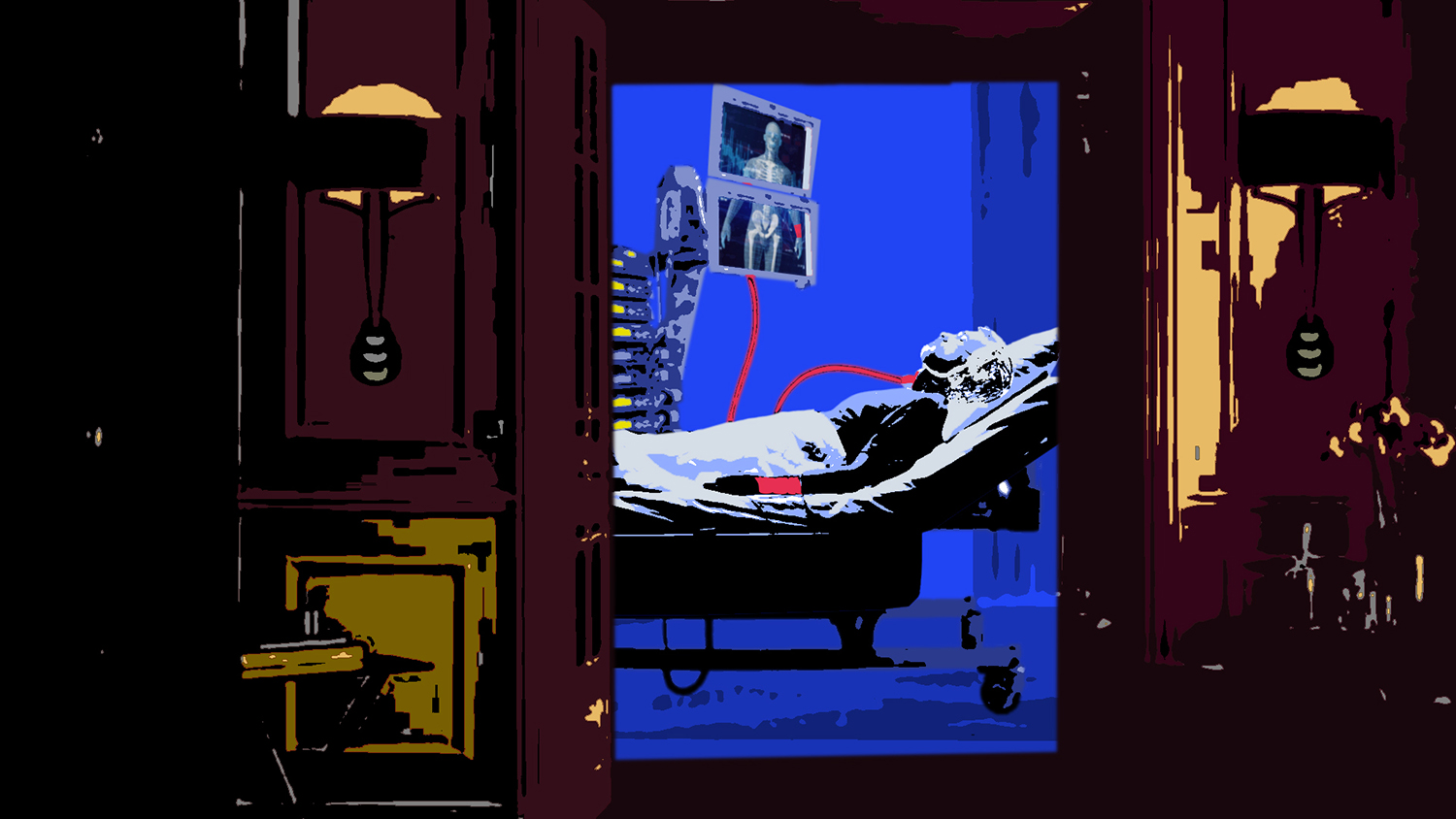
More
Nano Ex Machina
“Nanotechnology is the medicine of the future”. Nanotechnology is set to become the future of personalised medicine to treat diseases such as cancer.
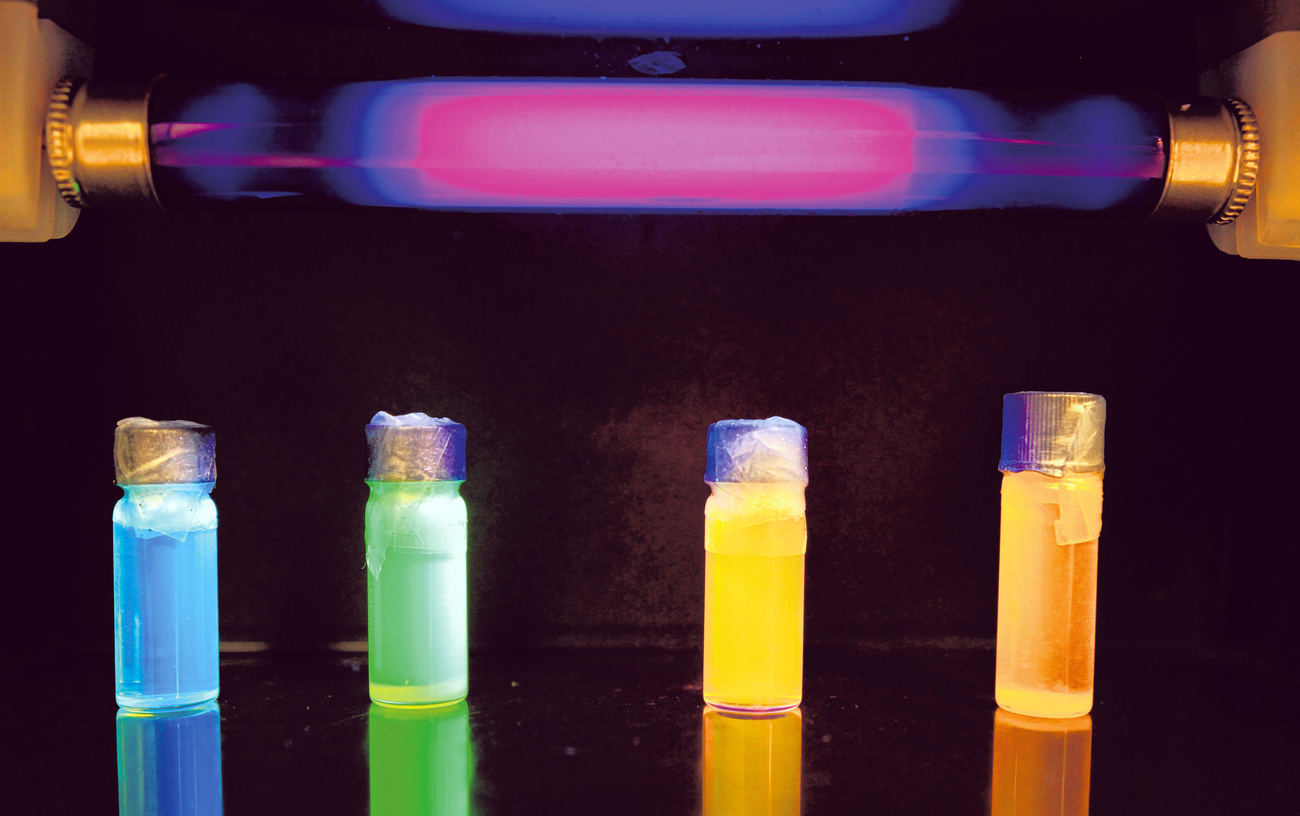
More
‘Nanotechnology is the medicine of the future’

In compliance with the JTI standards
More: SWI swissinfo.ch certified by the Journalism Trust Initiative










You can find an overview of ongoing debates with our journalists here . Please join us!
If you want to start a conversation about a topic raised in this article or want to report factual errors, email us at english@swissinfo.ch.